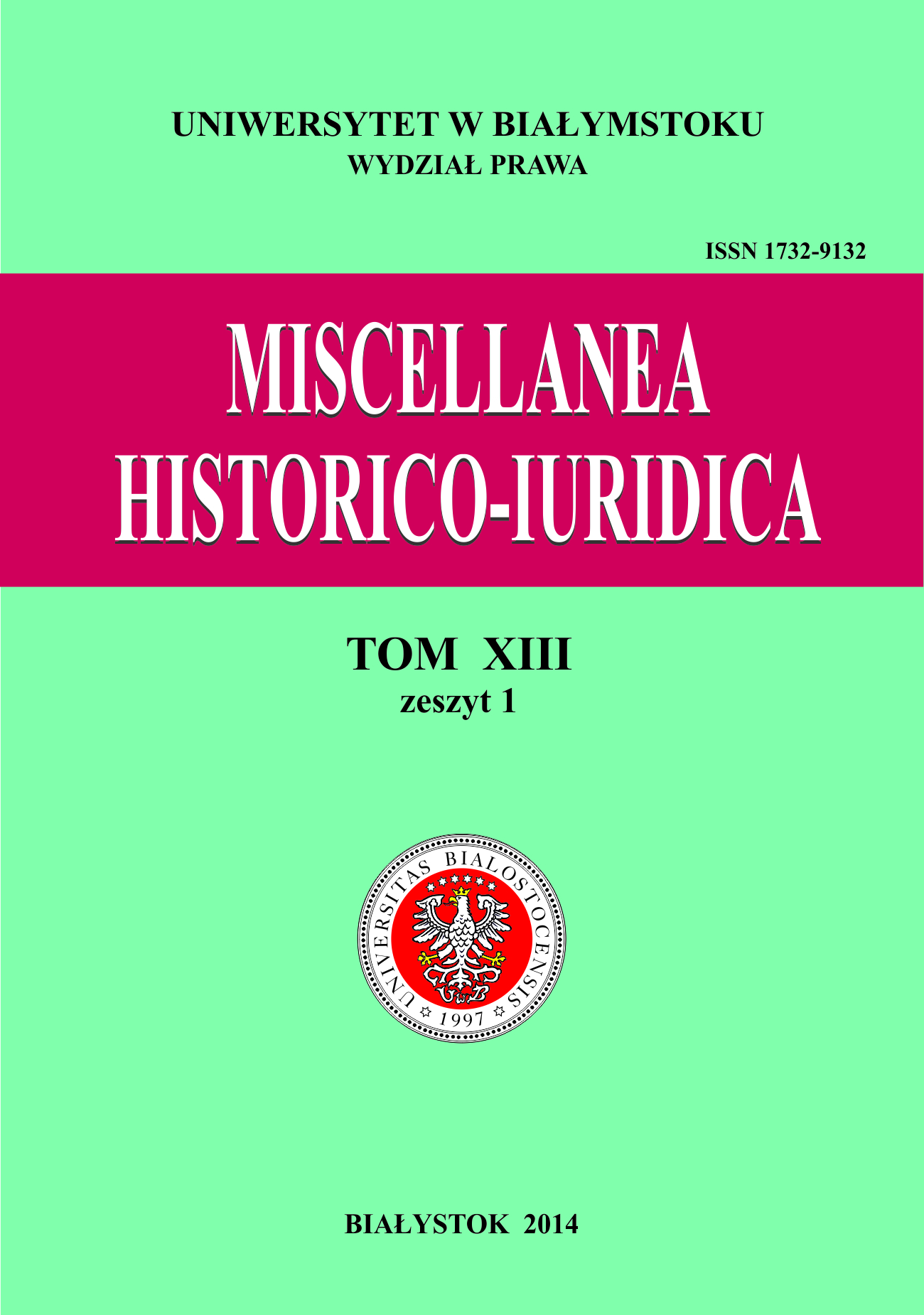Internationalization of Studies and Research – The Example of the Integrated French-German Law Curriculum at the University Paris Ouest Nanterre La Défense
Keywords:
internationalization of studies, europeanization of research, integrated curriculums, legal education, multiligualismAbstract
Legal experts of international firms need a sound knowledge of national law systems and international law. In view of decision-making processes that assume a global perspective rather than the perspective of one centralized headquarters, they need appropriate human resources from many countries with employees who can combine legal, technical and economic advice. The requirement is a knowledge of methods to cope with new and unknown law systems. The role of the law faculty is to put students in the position to understand what law is, to train their abilities of being able to identify legal problems and find appropriate solutions to them. Faculties should aim at equipping their students with the tools and methods that will later put them in a position to achieve these goals. Law faculties have to adapt law curriculums to the requirements of education of international legal experts. For this reason, the teaching of intercultural skills and judicial terminology in foreign languages takes an important part in the law curriculum. These special programs begin at an early stage of law studies.
References
Cornu G., Linguistique juridique, Paris 1990.
Gruber J., Der deutsch-französische Studiengang der Universitäten Paris Ouest Nanterre La Défense und Potsdam, „Zeitschrift für Europäisches Privatrecht” 2013.
Gruber J., Das deutsch-französische Doppelpromotionsverfahren (« cotutelle de thèse »), „JURA – Juristische Ausbildung” 2011.
Kenfack H., Droit du commerce international, Dalloz Paris 2002.
Limbach F., Die französische Co-tutelle de thèse, „Zeitschrift für Europäisches Privatrecht” 2000.
Limbach F., Honsdorf A., Neues zum Verfahren der Cotutelle de thèse, „Zeitschrift für Europäisches Privatrecht” 2007.
Moneger F., Droit international privé, Paris 2001.
Rohlfing-Dijoux S., La méthode juridique en Franc et en Allemagne : différences et convergences, [in:] S. Rohlfing-Dijoux, La transmission de terminologie et de concepts juridiques dans l’espace européen, Bern 2012.
Rohlfing-Dijoux S., La transposition des concepts juridiques originaux dans un autre systéme de droit : traduction ou adaptation?, „Cahier d’études germaniques. Traduire, adapter, transposer” 2009, N◦ 56.
Seul O., Les cursus binationaux – une étape vers l’harmonisation des études en Europe, [in:] O. Seul, B. Zielinski, U. Dupuye, De la communication interculturelledans les relations franco-allemandes: institutions – Enseignement et formationprofessionnelle – Entreprises 2003.
Seul O., Davulis T., La solidarité dans l’Union Européenne, Bern 2012.
Thomas A., Klinast E.-U., Schroll-Machl S., Handbuch Interkulturelle Kommunikation, BD.I Grundlagen und Praxisfelder, Kulturen und interkulturelle Berufstätigkeit, Göttingen 2005.







